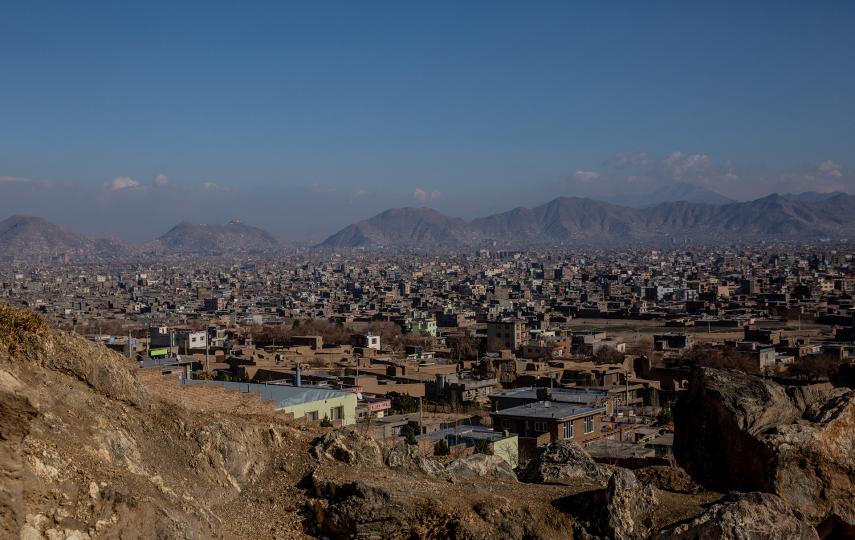"When I arrived home they told me my wife was in the hospital and that she’d been shot while she sat in our bedroom,” said Ricardo Alexandre Santino da Silva, a 31-year-old supermarket worker and resident of the Chatuba slum in Rio de Janeiro.
Like many residents of the shanty town, Da Silva is an immigrant from Brazil’s impoverished northeast who came to Rio in search of work. The huge influx of migrants from other Brazilian states, principally since the 1950s, has contributed to a massive social and security crisis.
“I remember the first night when we moved here [to Rio]. I sat at home watching the tracer bullets flying through the sky,” said Da Silva, who was brought up in the rural town of Valenca, Pernambuco state. “I said, ‘Look, these bullets must be hitting someone’s house.’ I just never thought it would be mine.”
The ‘favelas’, or shanty towns, of Rio de Janeiro began to spring up towards the end of the 19th century. After the abolition of slavery in 1888, freed slaves began flocking to Brazil’s then-capital in search of work. They set up home in poorly constructed slums built on the only land that was available, usually hilltops or swamps on the city’s limits.
It was not until the mid-1990s that the favelas were included on city maps. For the city’s wealthier inhabitants, the slums have long represented an abomination, a refuge for what Rio anthropologist Alba Zaluar calls the “classes perigosas” or dangerous classes.
Across the rapidly urbanising world, few countries escape the dramatic trends in increased urban violence. The urban poor are particularly vulnerable and it is this security crisis that is the central theme of a major new report released today to mark United Nations World Habitat Day. Enhancing Urban Safety and Security - Global Report On Human Settlements 2007, a co-production by the UN Human Settlements Programme (UN-HABITAT) and the London-based Earthscan, offers a comprehensive guide to the scale and scope of the problem.
IRIN is also focusing on a range of crises facing the urban poor, including insecurity, through its regular news articles, the current In-depth and the forthcoming publication, Tomorrow’s Crises Today. Read more about the wars in the favelas of Rio de Janeiro as a foretaste of the book, which illustrates the different crises of urbanisation through city examples, soon to be released on-line in pdf format.![]() Chapter 6: Rio: fighting for the favelas
Chapter 6: Rio: fighting for the favelas
This article was produced by IRIN News while it was part of the United Nations Office for the Coordination of Humanitarian Affairs. Please send queries on copyright or liability to the UN. For more information: https://shop.un.org/rights-permissions





